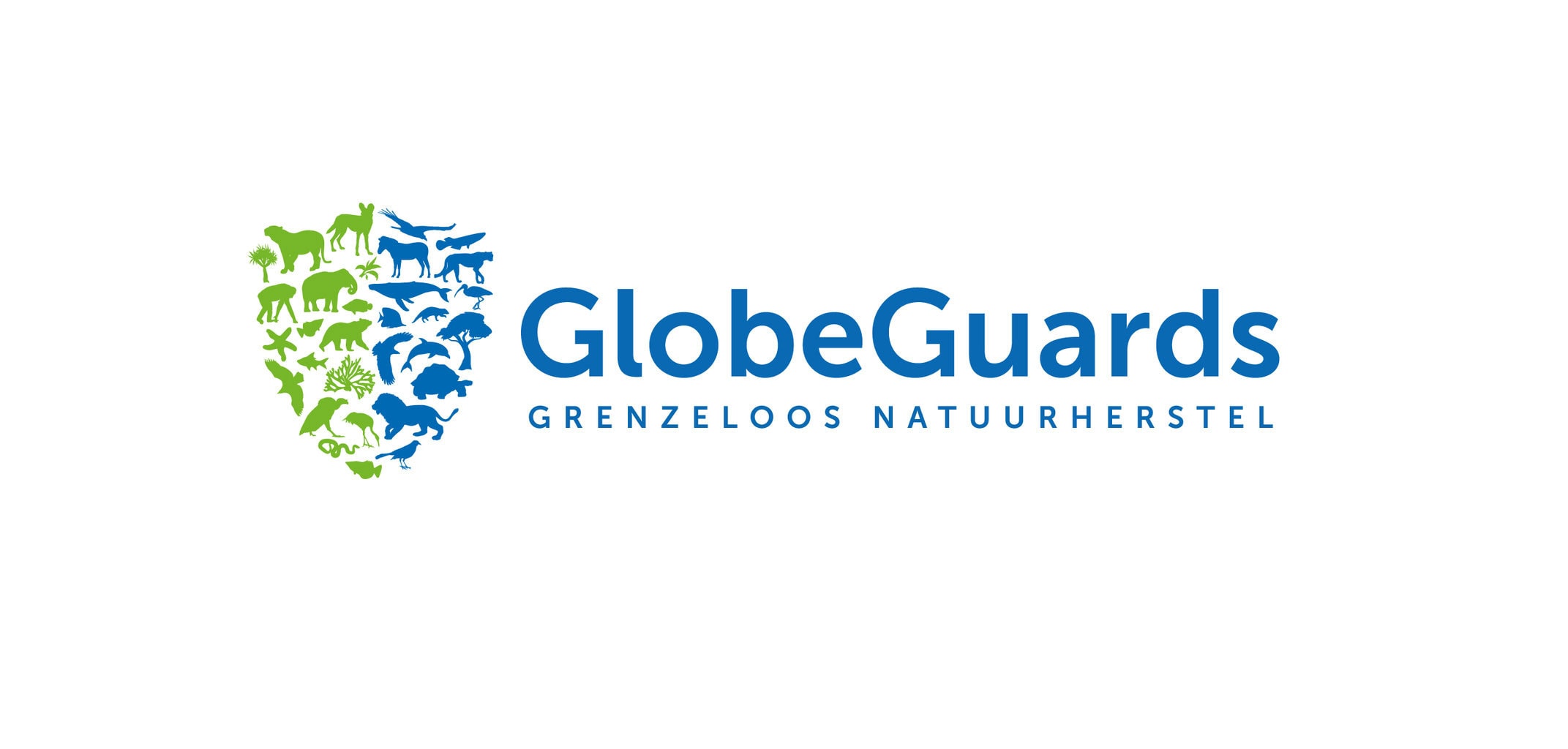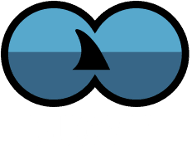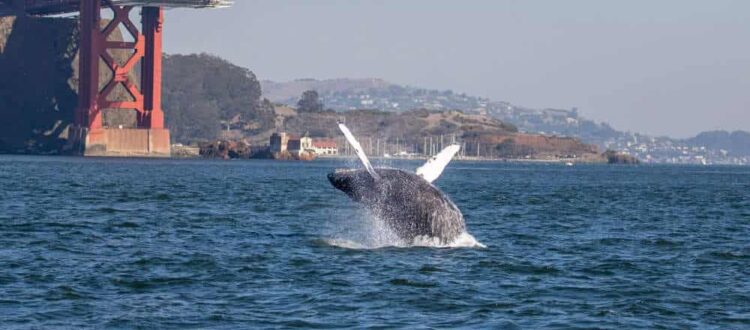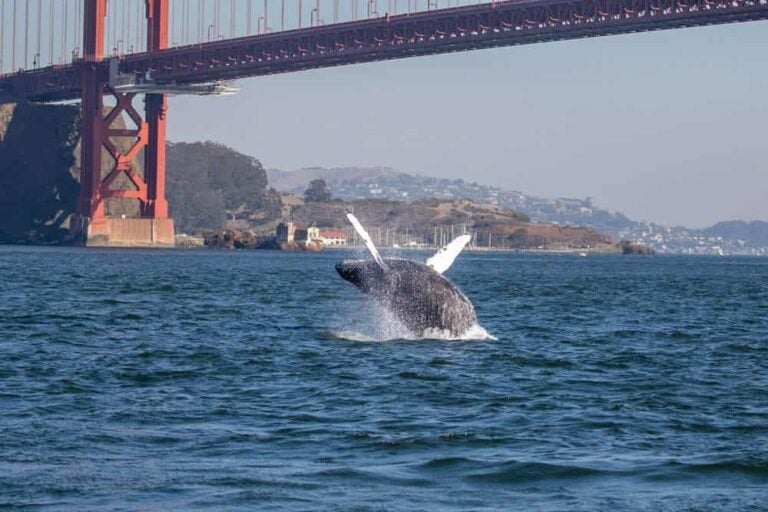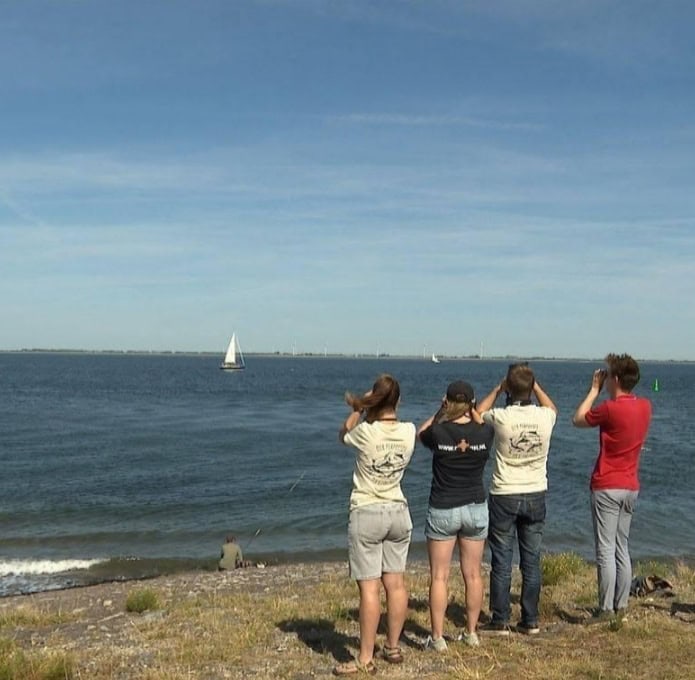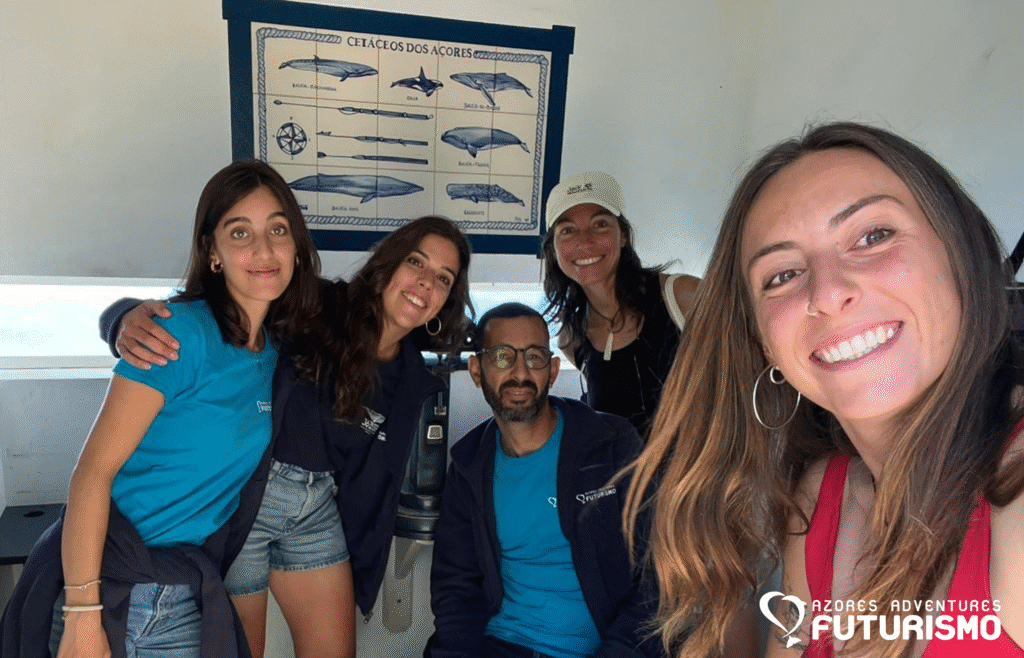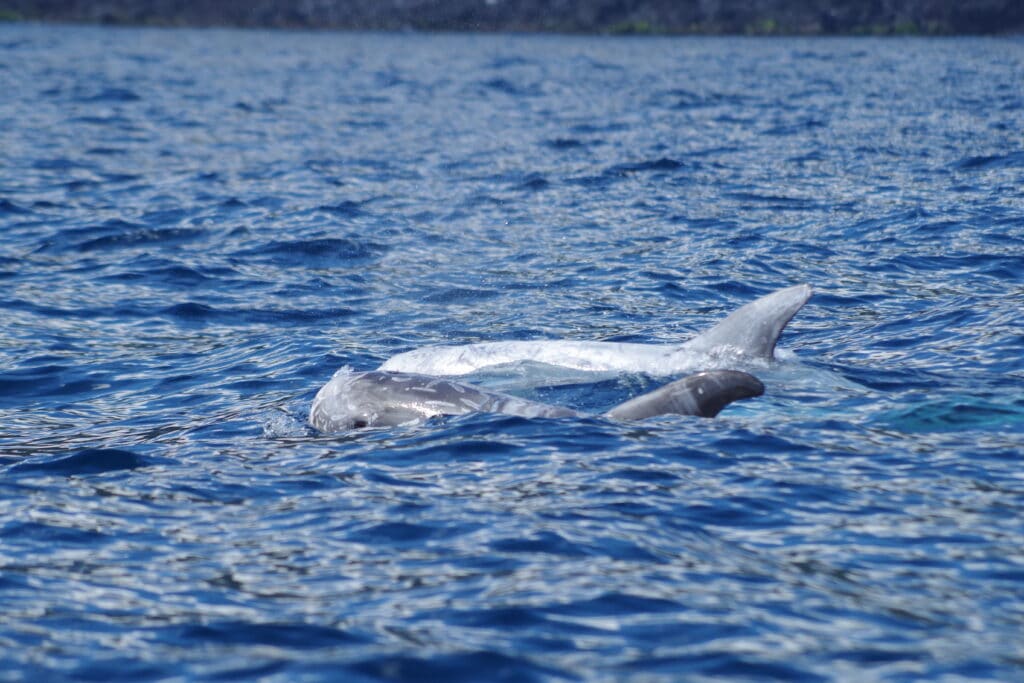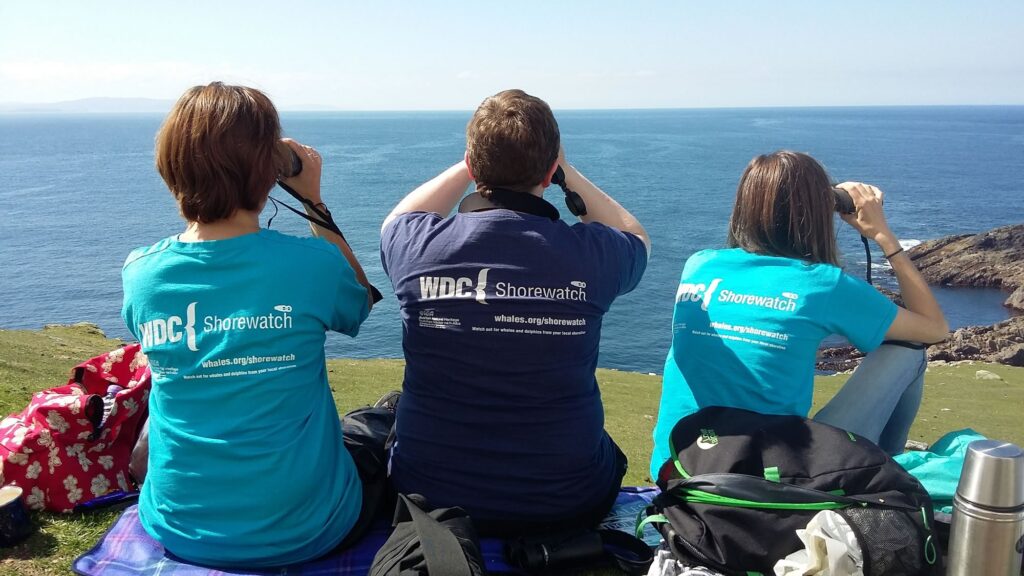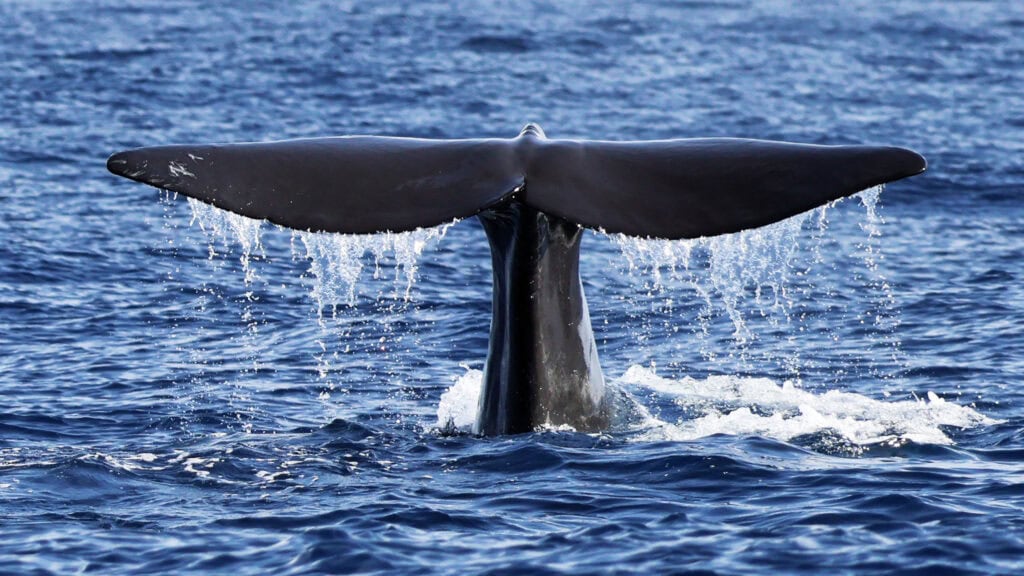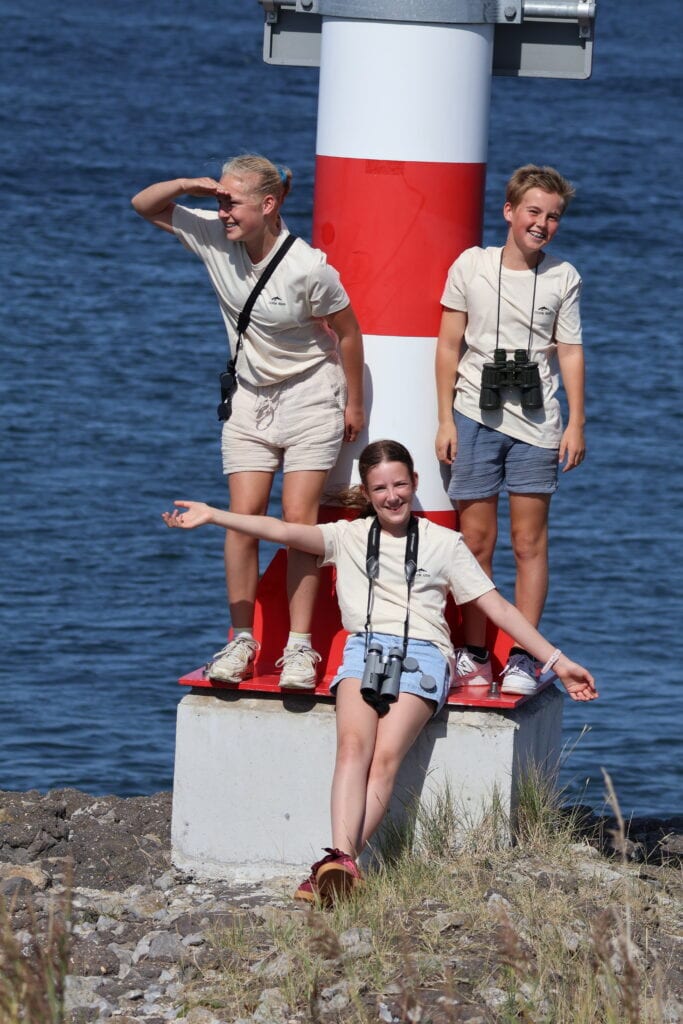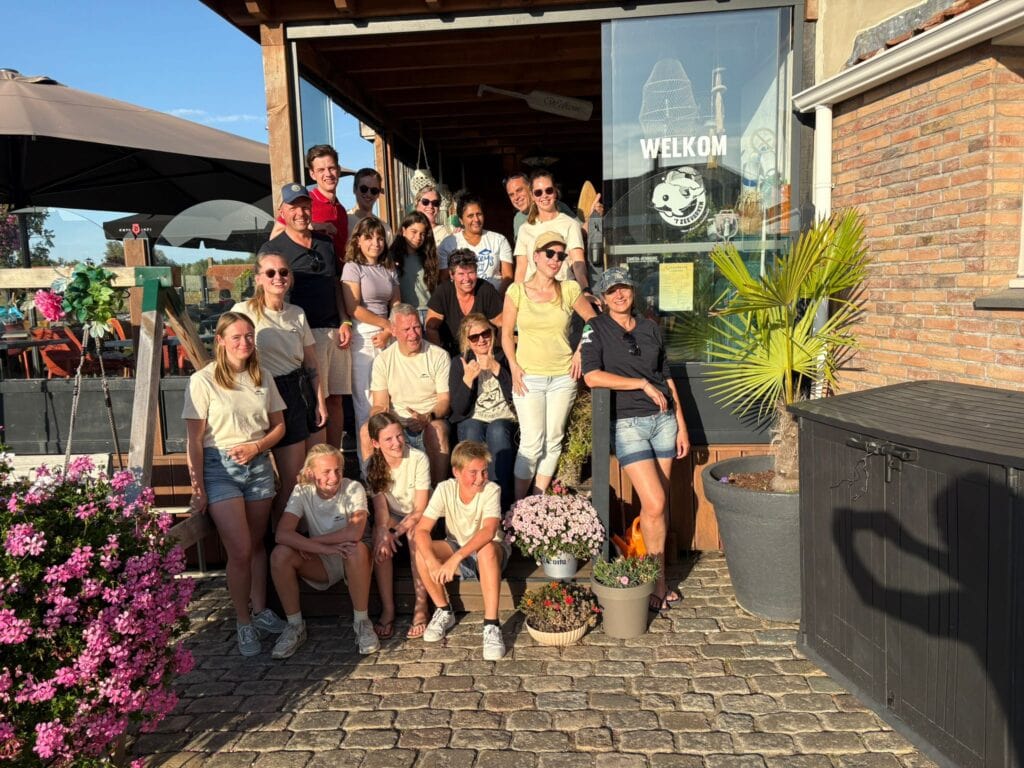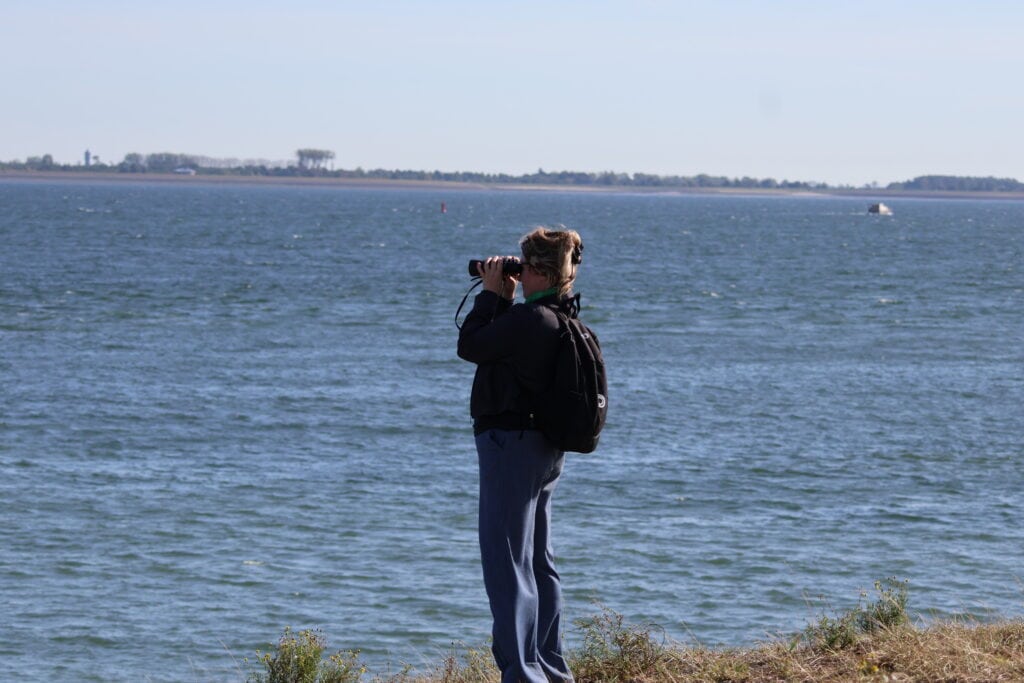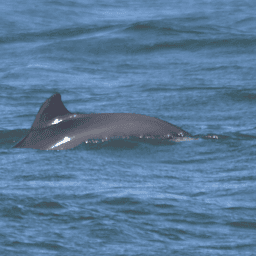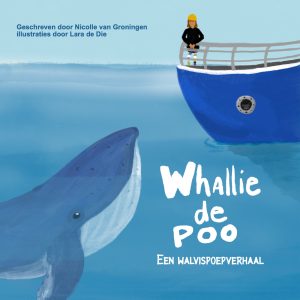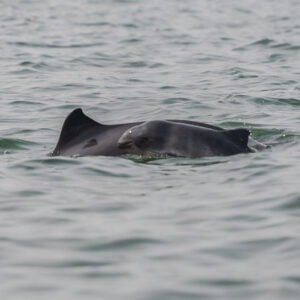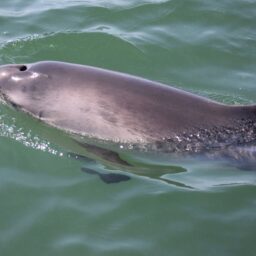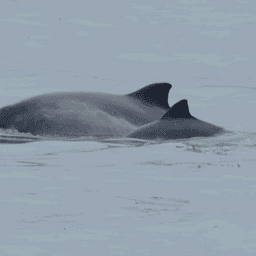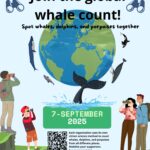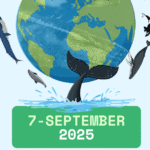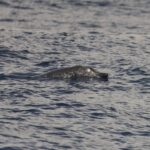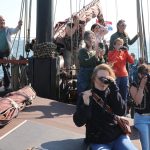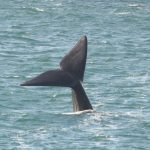Eerste internationale walvisteldag groot succes!
Op zondag 07 september vond wereldwijd de eerste Internationale Walvisteldag ooit plaats. Dit initiatief voor deze eerste Internationale Walvisteldag spoorde meerdere walvisorganisaties wereldwijd aan mee te gaan tellen.
On Sunday 7 September, the very first Global Whale Count took place. This initiative inspired several whale organisations across the globe to join in and take part in the count. Read further below in English!
De getallen zijn binnen!
Om gelijk met de deur in huis te vallen: er zijn op deze dag 1198 walvisachtigen geteld onderverdeelt in veertien soorten door tien organisaties wereldwijd! Een prachtig resultaat.
Het gaat natuurlijk niet alleen om de cijfers maar zeker ook om het bewustzijn van de mensen te vergroten dat er zeer waarschijnlijk ook bij hen voor de kust walvissen, dolfijnen en/ of bruinvissen zwemmen. Niet iedereen weet dat.
Heel vanzelfsprekend dat je een walvisachtige ziet is het niet. Waar op de Azoren een paar honderd dolfijnen werd gespot, was het met windkracht 10 op de Shetland eilanden goed afzien. Natuur valt niet te regisseren en dat is juist wat het zo bijzonder maakt.
Samen met Monterey Bay Whale Watch, WDC Shorewatch, Expeditie Waddenwalvis, BLUE CONNECT-project, HWDT, Nova Atlantis, Oceanic Society, Futurismo (met speciale dank aan University of the Azores) en Marine Megafauna Conservation hebben we een begin gemaakt voor een mooie traditie waarbij wij hopen dat er steeds meer organisaties en citizens scientists zullen aansluiten.
Van de circa 90 soorten walvissen die in onze oceanen en zeeën zwemmen, hebben we samen hiervan 14 soorten gespot. Deze betroffen de Gewone bruinvis, Dalls bruinvis, Tuimelaars, Gewone dolfijn, Gevlekte dolfijn, Risso’s dolfijn, Orca, Potvis, Brydes vinvis, Noordse vinvis, Bultrug, Dwergvinvis, Gewone vinvis en de Grijze walvis.
Een gezonde en visrijke oceaan is belangrijk voor behoud van alle soorten. We delen deze overtuiging ook met onze Nederlandse walvisteldag partners Monkeys by the Sea en Cafe ’t Zeevarken! Bedankt!
We zijn dankbaar dat we dit samen hebben mogen doen en kijken nu al uit naar volgend jaar voor de Glabal Whale Count 2026!
IN ENGLISH:
The numbers are in!
To get straight to the point: on this day, 1198 cetaceans were recorded, representing fourteen species, by ten organisations worldwide – a wonderful result.
Of course, it’s not just about the figures. It’s equally about raising awareness that whales, dolphins and porpoises are very likely swimming off many people’s own coastlines. Not everyone realises that.
Spotting a cetacean is by no means guaranteed. While in the Azores several hundred dolphins were sighted, on the Shetland Islands they had to deal with strong winds of force 10! Nature cannot be choreographed – and that’s exactly what makes it so special.
Together with Monterey Bay Whale Watch, WDC Shorewatch, Expeditie Waddenwalvis, BLUE CONNECT-project, HWDT, Nova Atlantis, Oceanic Society, Futurismo (with special thanks to the University of the Azores) en with Marine Megafauna Conservation, we have made a start on what we hope will become a beautiful tradition – one that more and more organisations and citizen scientists will join in the future.
Of the circa 90 whale species inhabiting our oceans and seas, we collectively recorded 14 species, namely: harbour porpoise, Dall’s porpoise, bottlenose dolphin, common dolphin, spotted dolphin, Risso’s dolphin, orca, sperm whale, Bryde’s whale, sei whale, humpback whale, minke whale, fin whale, and grey whale.
A healthy, fish-rich ocean is vital for the preservation of all species. We share this belief with our Dutch Whale Count partner, Monkeys by the Sea and Cafe ’t Zeevarken! – thank you!
We are grateful to have done this all together and are already looking forward to next year: the Global Whale Count 2026!
